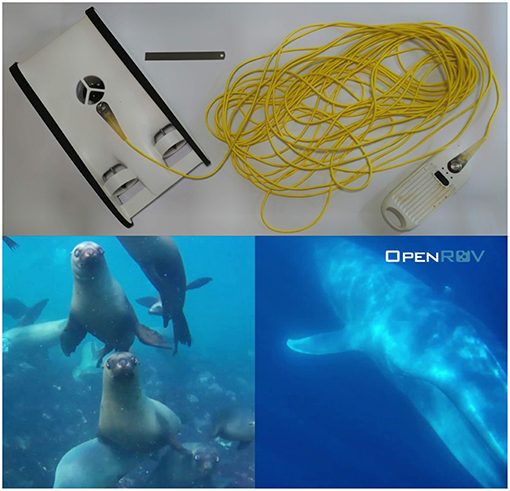
Today, there are more robots exploring the ocean than ever before. From autonomous ocean-crossing gliders to massive industrial remotely operated vehicles to new tools for science and exploration that open new windows into the abyss, underwater robots are giving people a change to experience the ocean like never before. The fastest growing sector of this new robotic frontier? Small, recreational, observation class ROVs.
Launched by the initial success of the OpenROV 2-series, the recreational ROV market, which produces small, affordable, capable underwater robots that anyone can pilot, has ballooned into an industry that now produces, by volume, more underwater robots than commercial and scientific manufacturers, combined. And though these tools are increasingly being adopted by commercial and scientific enterprises, recreational consumers drive demand.
That demand brings with it some challenges. New users often lack the expertise and training of commercial and scientific operators. Without consumer education and a strong sense of stewardship within the recreational ROV community, this dramatic increase in ROV has the potential to cause harm to the marine environment. One of the biggest concerns: what happens when an ROV operator comes in contact with a marine mammal and how can we avoid negative interactions while encouraging individuals to explore the ocean with these incredible machines.
With Sofar Ocean’s SEE initiative in full swing, donating hundreds of Trident microROVs to ocean lovers around the world, a sea change in how people interact with the ocean is taking place. Scientists, educators, and explorers are invited to submit expedition proposals to Open Explorer and apply to receive a Sofar Trident to support their projects.
In order to foster a strong sense of stewardship among recreational ROV operators, as well as commercial and scientific teams using these tools, we established a set of community-oriented guidelines for responsible conduct of ROVs when marine mammals are nearby. The guidelines are not rules or regulations, but a series of best practices, based on expert experience, to help users make informed decisions about how to proceed when operating near whales, dolphins, and other marine animals.
These guidelines include:
- 1. Educate users about the potential negative consequences of microROV operation in the presence of marine mammals.
- 2. Maintain situational awareness to avoid unintentional contact.
- 3. Maintain safe distances and avoid intentional contact.
- 4. Use microROVs as a tool to reduce the number of humans and large passenger vehicles in the water.
- 5. Avoid deployment where marine mammals are already active in an area.
By following these guidelines, we hope that ocean lovers can experience the marine world through new and exciting tools of exploration while minimizing their impact on the fragile ocean world.
Read the full open-access paper, here:
Thaler and friends (2019) Bot Meets Whale: Best Practices for Mitigating Negative Interactions Between Marine Mammals and MicroROVs. DOI: 10.3389/fmars.2019.00506.